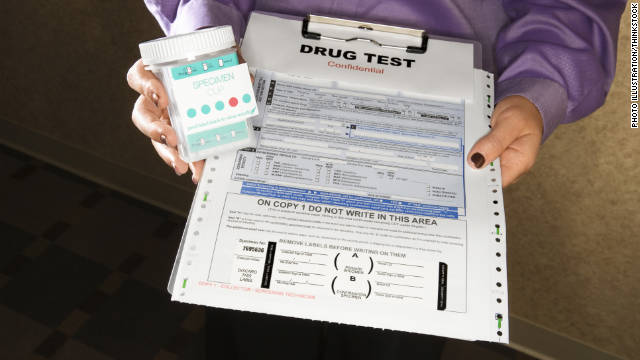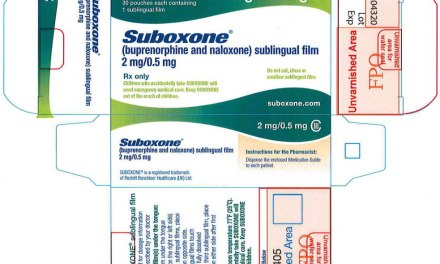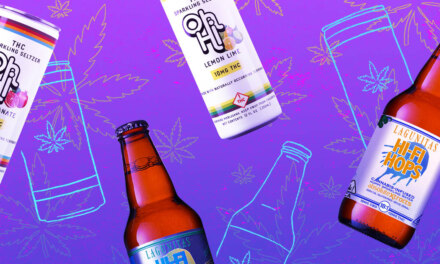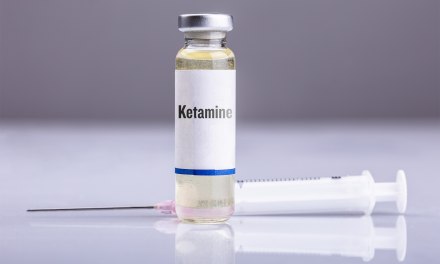I’m sure you’ve heard of the recent controversy over a drug test where Sha’carri Richardson, the 21 year-old American sprinter favored to win at the upcoming Tokyo Olympics, came up positive for THC at the Olympic Trials. She won’t be able to participate.
I can’t sit in judgment on this particular case, but I can speak about the larger issue of testing based on my vast experience with people who are in the midst of vigorously protesting the outcome of a drug test. Urine collection and sharing of the results was one of my first duties in the field — we didn’t exactly start at the top — so I quickly became familiar with the procedure and the dialogue that goes along with it.
Given the athlete’s high profile and the unfortunate timing, many folks, including other celebs, have jumped into the fray. But in many respects, it resembles a conflict that occurs daily in treatment centers and probation offices around the world.
Positive drug tests are routinely disputed on a variety of grounds. More often than not, I’d say. A few of the more common objections:
- “I don’t know what happened, but that test cannot be right.”
- “Somebody must have screwed up at the lab.”
- “All I know is I have not used drugs.”
- “I was in a [car, room] with some people who were getting high. I must have absorbed some of theirs.”
- “Must have been that bagel I ate…”
I’m sure all these and more are already documented on various pro-cannabis websites for future reference. I learned not to argue facts or circumstances around the test, or even bother to defend the results. After all, I’m not in a position to investigate, am I? Instead, I point out that my job is to pay attention to the available evidence. At the moment, it’s a positive test for a prohibited substance.
So, I might put it to the client, what are we going to do about it?
Often that’s where someone will decide to ‘fess up. “Okay, but it was just one time. I needed something right then, because I was so upset about…” You can probably fill in the rest. It’s usually followed by assurances it will never happen again.
At least it’s a starting point for a counseling session.
The reason the field shifted away from reliance on interviews to lab tests was explained by one eminent physician who had helped to develop the Navy’s procedure for sailors as they returned to ship from shore leave. Formerly, they’d simply question the individual about use of any illegal substances. If he said no, they allowed him to board.
But that just relocated the Navy’s drug problem onto the water, someone realized. So they added a second part: “Before you answer,” the guard would instruct, “go pee into this cup.” According to the Navy, at least, things improved pretty darn fast.
It’s a truism that when confronted, most people, and not just the addicted, will mislead others about their drug-taking. Especially when they know a consequence could follow if they don’t.
Shortly after the Federal Government enacted its Drug Free Workplace laws, I happened to give a talk on substance use to employees at a very large Federal office building. As I was washing up in the Men’s before going on stage, I noticed a hand-lettered sign taped to the wall beside the sink. It read, in bold block letters: “CLEAN URINE FOR SALE.”
So it’s begun, I thought to myself — the Great Game between offender and cop. People’s jobs, careers could be at stake. I had no doubt that folks would go to considerable lengths to hang on their careers. Especially if they have security clearances.
In that respect, they’re not so different from offenders. There’s a lot at stake.
By the way, just as substance users continue to find new ways to beat tests, science has forged ahead with new ways of catching them. Take something called a PEth Test for alcohol. It’s designed to pick up drinking above a certain amount for an extended period after it happened.
Does it work? I imagine we’ll find out soon enough.













